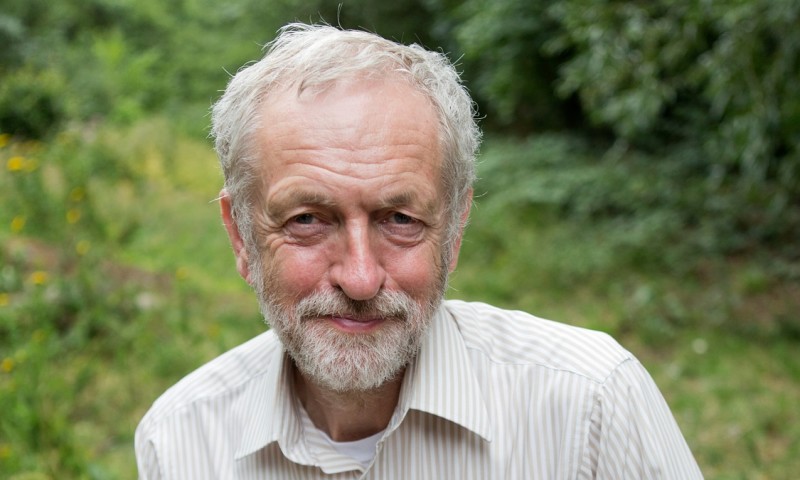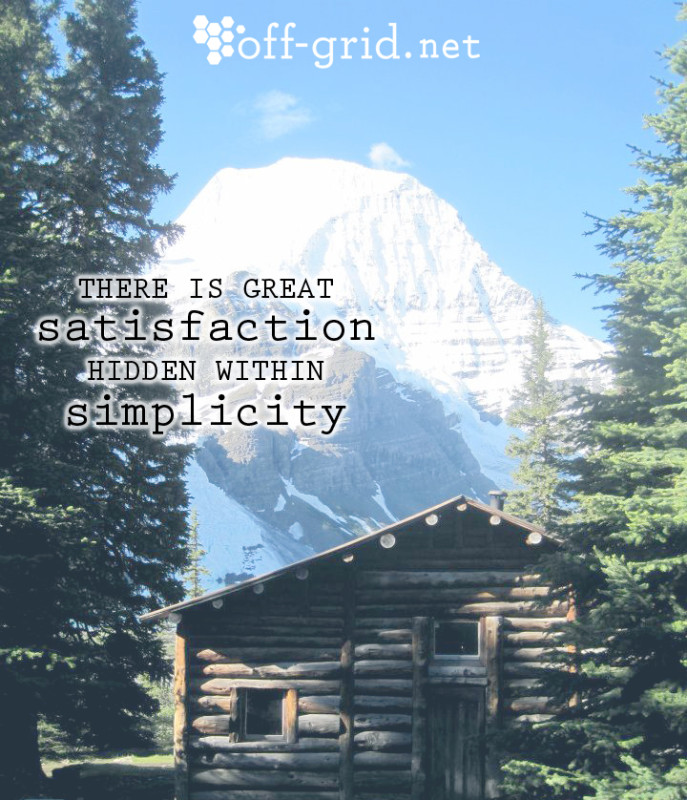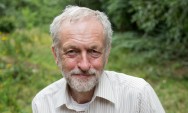 UK Labor Leader comes out for Distributed Power
UK Labor Leader comes out for Distributed Power
Says Britain must empower citizen suppliers and direct private investment into green technology
“This week world leaders have begun the final phase in their attempt to reach a deal to keep global warming below 2C. Such a deal would be an important step in the fight against climate change, even if it seems likely that the targets and mechanisms will not go far enough. But we need to look beyond Paris and ask ourselves more fundamental questions that the problem of global warming raises.
I believe that climate change is a problem of imagination — of the limits to our imagination. It cannot be solved unless we open up our imaginations, unless we begin to think, talk and act as if we cared about the future.
This means we must use our imaginations to ask: what would our world look like if we allow global temperatures to rise by 2-3C? It would be a world with a hostile climate: more of the storms, flooding and droughts we have begun to see over the last few decades. Events such as the flooding in Cumbria this week will become more frequent — these are entirely consistent with scientists’ predictions.
Moreover, if we do not turn back this government’s austerity drive, our weakened public services will not be able to cope with the consequences of such events. Despite Cameron’s pledge that “money is no object” in dealing with flooding, savage cuts to public services and flood defences have left people vulnerable. Yet again, this government has failed to deliver on its promises.
A world 2-3C warmer would also be a world of war, in which millions will be displaced and forced to migrate in search of peace and security.
We must imagine this world not because it is a remote possibility, but because unless world leaders are more ambitious in their aims — both in Paris and beyond — this will be the world that humanity has created for itself. The IMF has warned us: “Human fortunes will evaporate like water under a relentless sun if climate change is not checked soon.”
However perilously close we may be to this world, we must also imagine the world we want to create. That world is a more equal world, a more just world, and a world in which where you live is based on the quality of the air you breathe. It is a world in which businesses are producing products and services we cannot yet imagine, but with lower energy and operating costs.
We want a world where governments shape rules that promote public goods — where they protect the ultimate public good of a stable climate in which humanity can survive and prosper.
To do that, we need a state that invests. We need an entrepreneurial, nimble state that neither wages war with markets …






